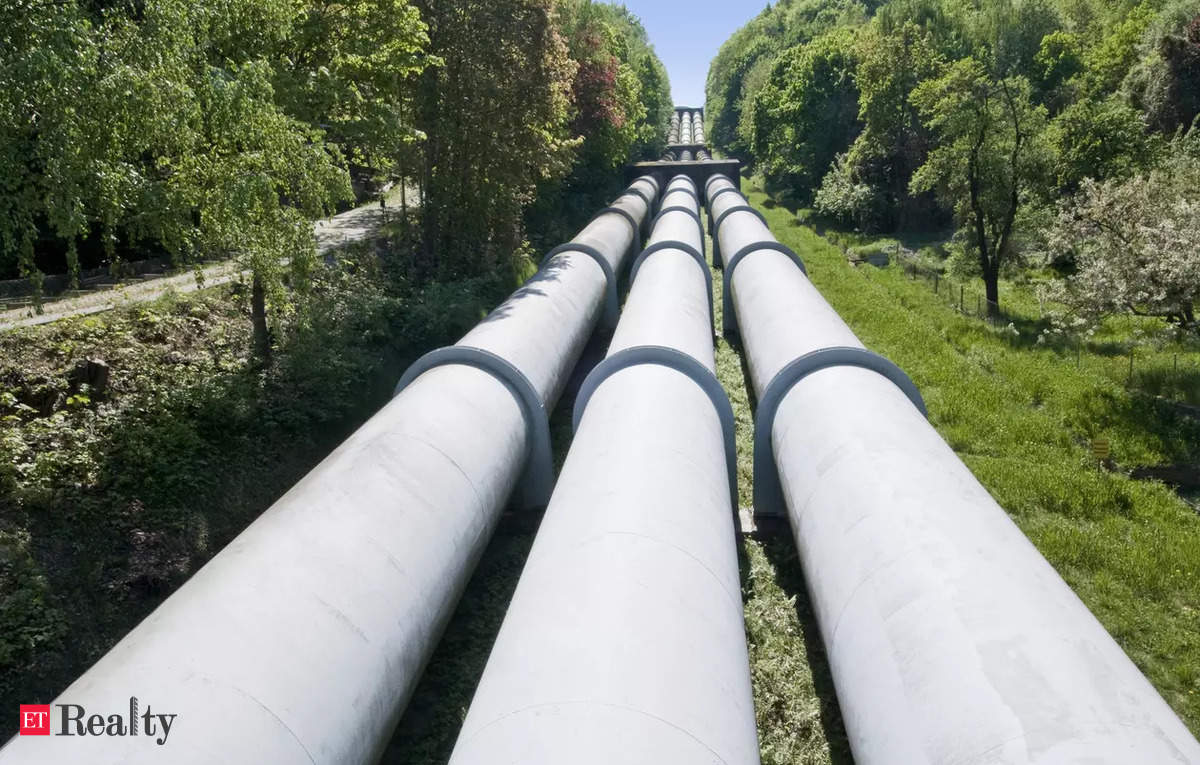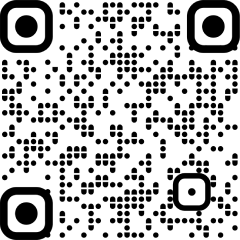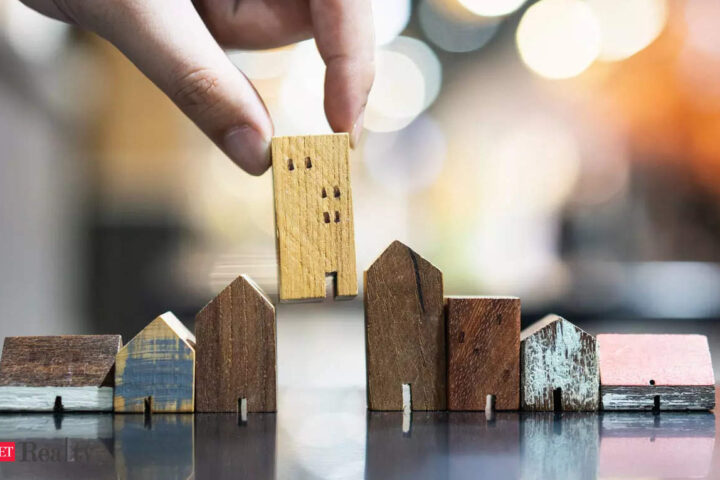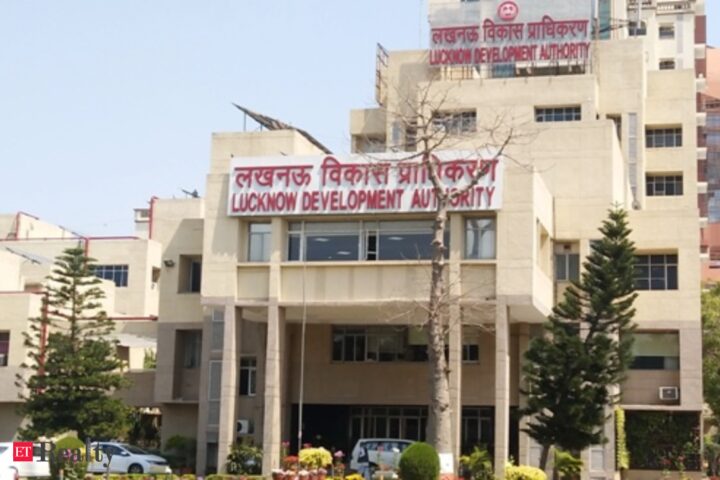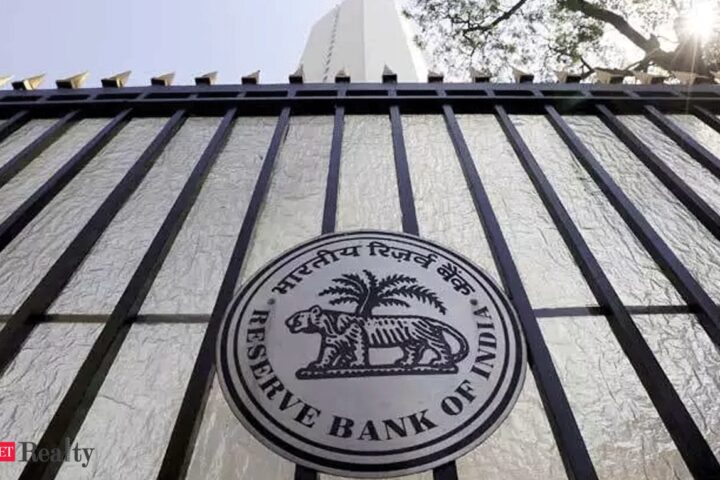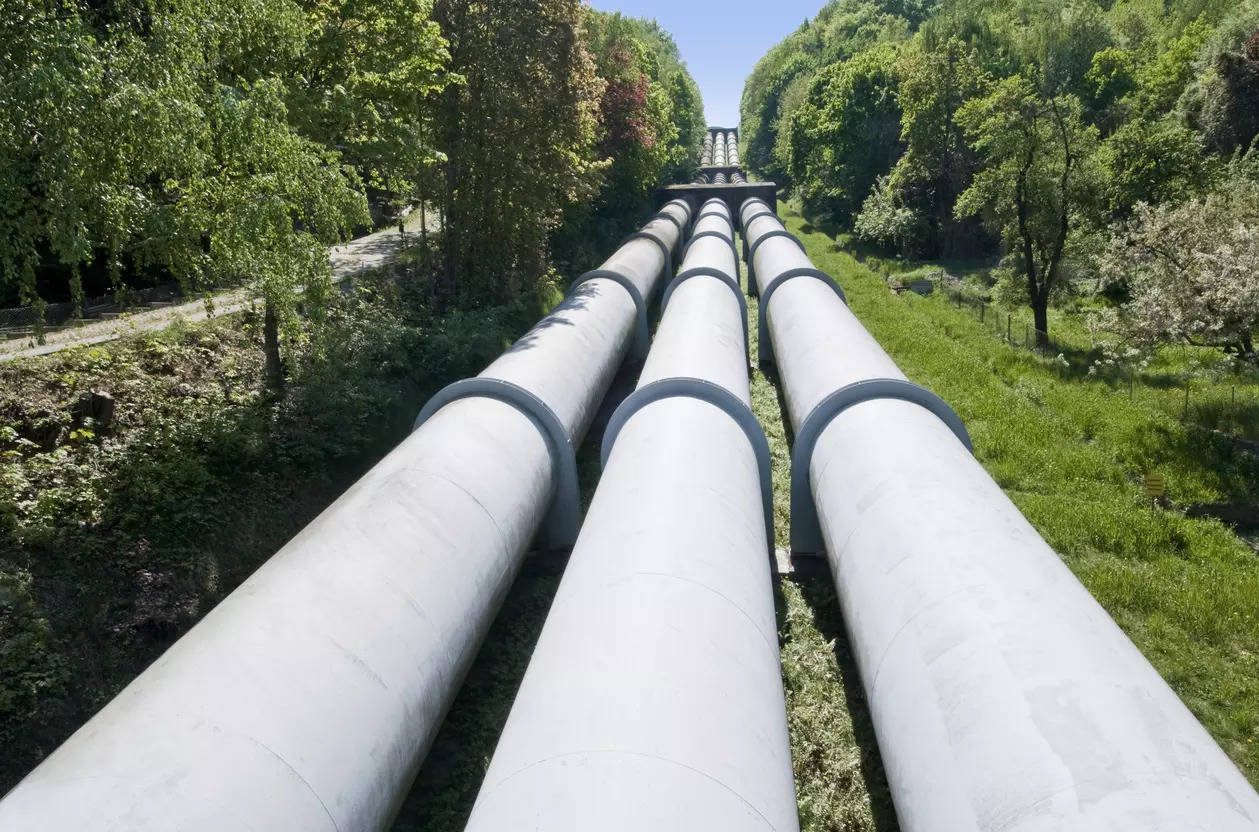
BENGALURU: The fifth stage of the Cauvery water supply is expected to provide significant relief to apartments struggling to secure water. However, compliance with National Green Tribunal (NGT) norms is essential for them to receive this water.
The Bangalore Water Supply and Sewerage Board (BWSSB) has implemented the Cauvery Stage 5 project, with a focus on supplying water to Bengaluru’s BBMP (Bruhat Bengaluru Mahanagara Palike) jurisdiction, including 110 villages.
After 17 years of waiting, these areas now have access to drinking water from the Cauvery. The BWSSB is ready to provide water to the 55,000 connections already established and plans to extend new connections to applicants within 15 to 30 days. However, BWSSB has decided to provide Cauvery water connections to apartments only if they comply with National Green Tribunal (NGT) regulations. Apartments with more than 120 flats are required to have a sewage treatment plant (STP) and must use at least 30% of treated water for non-drinking purposes.
Furthermore, aerators must be installed on all taps. Only apartments meeting these criteria will be eligible for water connections. The BWSSB plans to supply water to apartments based on average consumption, providing water two to three times a week.
Sources said that the board also urged residents not to rely on middlemen for new connections. The BWSSB launched an awareness campaign to inform the public that applications can be submitted online via the BWSSB website or offline. Additionally, the board is opening help centres to guide the public through the process. Currently, BWSSB is supplying 150 MLD of water to the 55,000 connections under the Cauvery Stage 5 project, with plans to pump 755 MLD once all 110 villages are fully connected. The ongoing campaign aims to provide water to 50 lakh people through 4 lakh connections across the region.
“For non-domestic properties such as educational institutions, hospitals, and nursing homes, the connection charges are structured based on the size of the property. For properties up to 600 square feet, the charge is ₹10,000, while properties between 600-1200 square feet are charged ₹20,000. Properties that fall between 1200 and 2400 square feet are required to pay ₹30,000. Commercial properties follow a similar fee structure, with buildings between 1200-2400 square feet being charged ₹40,000. For properties exceeding 2400 square feet, a charge of ₹16 per square foot is applicable. In the case of industries, offices, and call centres, the connection charges are also based on the property’s size.
Properties up to 600 square feet are charged Rs 15,000; 600-1,200 square feet are charged Rs 30,000; 1,200-2,400 square feet are charged Rs 50,000–Official
Properties up to 600 square feet are charged ₹15,000, while those between 600-1200 square feet are charged ₹30,000. Properties between 1200-2400 square feet incur a charge of ₹50,000. For buildings exceeding 2400 square feet, the connection fee is calculated at ₹10 per square foot. This structure is designed to standardise the charges for various non-domestic properties and ensure appropriate fees based on the property’s usage and size,” said an official.


